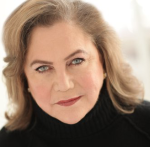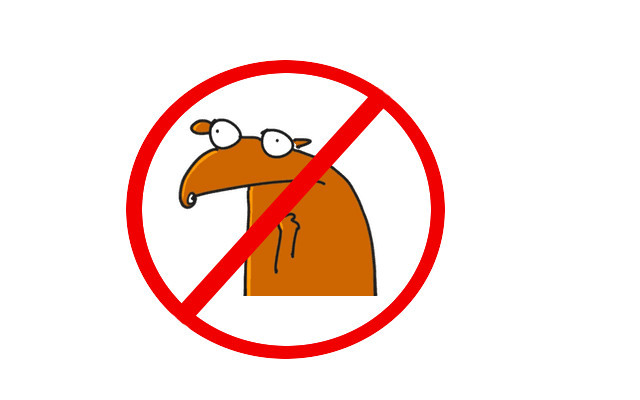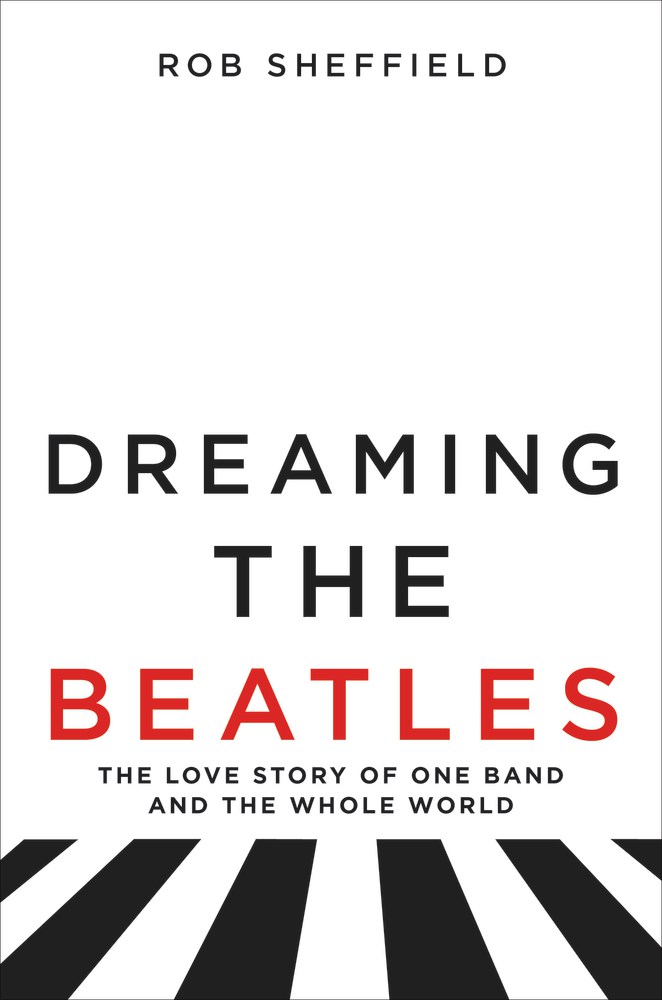I was reminded recently of the period when I taught evening FSL classes. It happened as I was driving back home in late May. I turned on the radio—tuned to 88.5 FM— like I did back then, and the car was instantly filled with the breathy near-whisper of a female voice. The speaker’s diction was careful. Deliberate. She spoke with softness, as though in a darkened room, as though fearful her words would extinguish the flame of a candle in front of her. This is how it seemed to me.
Her voice carried an unmistakeable sadness, and also a quality of calm and gentleness. The sun had just set, and in the darkness of my car, the poetry of her words captivated me:
“Writing gives me voices outside of myself. Writing gives me polyphony and contradiction—counterpoint. Writing gives me multiple ways of thinking through particular events or particular confrontations, or even intimacies, and I think, I’ve always felt that when I write, or when I’ve written a big novel—this one is a big novel—I feel like I got to live in other worlds and another existence; to ask other kinds of questions that I can bring back into my personal life.”
After a short pause, she continued:
“I think the other things that keep me going are very much to do with […] thinking about the wilderness, and how we think of the wilderness—and of these brambles, these things we can’t quite define or categorise, that seem not to be part of us but in truth are very much part of us—that we’re all connected by this double helix of the DNA, that we all come from the same source and will return to the same source, whatever we believe. That nature, the wild, the human, the animal, the minerals, we have a common destiny, and I think that’s what keeps me going.”
Polyphony and contradiction. Confrontations and intimacies. Our common destiny. The musical references. I recognised this use of language and I thought, I felt immediately, that I was listening to Madeleine Thien.
 Writer Madeleine Thien poses for a portrait in Vancouver, B.C. Monday, Oct. 17, 2016. THE CANADIAN PRESS/Jonathan Hayward
Writer Madeleine Thien poses for a portrait in Vancouver, B.C. Monday, Oct. 17, 2016. THE CANADIAN PRESS/Jonathan Hayward
This was confirmed a few seconds later by the distinctive, resonant baritone of Paul Kennedy, the host of IDEAS, one of my favourite programs on CBC radio; the show that I always listened to on my way home from evening classes.
It seems like such a happy coincidence that I should have tuned in just then, because I’ve been reading Do Not Say We Have Nothing, Thien’s most recent and multiple prize-winning novel.
 Bevan, Tony; Condition; http://www.artuk.org/artworks/condition-46995
Bevan, Tony; Condition; http://www.artuk.org/artworks/condition-46995
As it happens, I had tuned into an episode titled Writing in worried times: GG Award winners share their anxieties. The guests were the 2016 winners of the Governor General’s Awards for writing, including novelist and poet Steven Heighton, fiction writer Martine Leavitt, historian and author Bill Waiser, playwright Colleen Murphy, and of course Madeleine Thien.
Thien’s musings were at once melancholy and haunting. They were also the most encompassing. She simply stated that she was worried about all humankind.
Listening to her disembodied voice, it became clear that she was expressing an angst felt almost globally, but she was doing it in language that never once felt worn or even familiar, as she explained how deeply it disturbs her to see:
“[…] the binaries and the extremes that have become such a natural part of our discourse—so natural that we fail to see it even in ourselves—has left me very worried for the future and worried for the ways that we communicate, and also, as a writer, hopeful that through language—through the messiness of language—we can find a way to speak to the complexity in our shared community.”
 Colleen Murphy with the cast of Pig Girl
Colleen Murphy with the cast of Pig Girl
Presented by IDEAS and CBC BOOKS, along with the Canada Council for the Arts, this episode featured short essays by each of the GG winners, which Madeleine Thien referred to as she spoke with Paul Kennedy:
“I think the worry at the heart of my essay is about a […] difficulty trying to square all the extraordinary language and capabilities of humanness; all the philosophy and wisdom and sensitivity and technology that we have made available to ourselves and within ourselves—how to square that with a very damaged world that we’ve created, and a world that is so full of inequities, so full of pain and trauma, and inequities that we don’t seem to have either the will or the knowledge to confront.”

What a wonderful idea it was to bring these writers together! While I don’t think knowing about a writer’s private life enhances a reader’s understanding of his or her work, I’m spellbound when authors share their passions, their concerns, their vision of the world and of worlds beyond ours. I love to hear their voices in discussion, to get a feel for their personalities and to gain insight into their creative process.
If you feel this way, or if you, too, are burdened by worries in these fraught times, then I highly recommend a visit to any of the links provided throughout this post.
 Author Steven Heighton
Author Steven Heighton
Each author’s short essay is included on the IDEAS home page.
- Madeleine Thien’s offering is “Human and Wilderness”;
- Steven Heighton, who was deeply affected by the Syrian refugee crisis wrote “In Praise of Disturbing Dreams”;
- Martine Leavitt’s concern that many in prison suffer from untreated mental illness inspired her essay “Hi from Prison”;
- Bill Waiser’s anguish concerning anti-Indigenous racism in Saskatchewan prompted his essay “Why Can’t We Get Along”
- Colleen Murphy’s distress over the fate of Indigenous women in Canada provided the inspiration for “Live for Me”
 Martine Leavitt
Martine Leavitt
NOTE TO READERS
Here’s a list of works by these authors found in the Library’s catalogue:
- Calvin, by Martine Leavitt
- A World We Have Lost: Saskatchewan Before 1905 , by Bill Waiser
- Do Not Say We Have Nothing, by Madeleine Thien
- December Man/L’Homme de décembre, by Colleen Murphy
- The Dead Are More Visible: Stories, Steven Heighton
Advertisements Share this:





